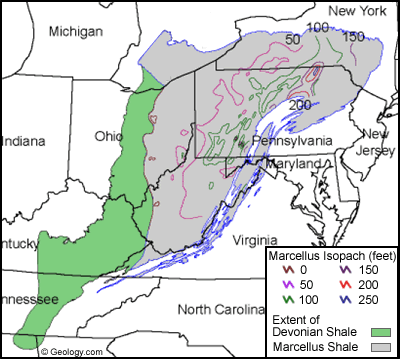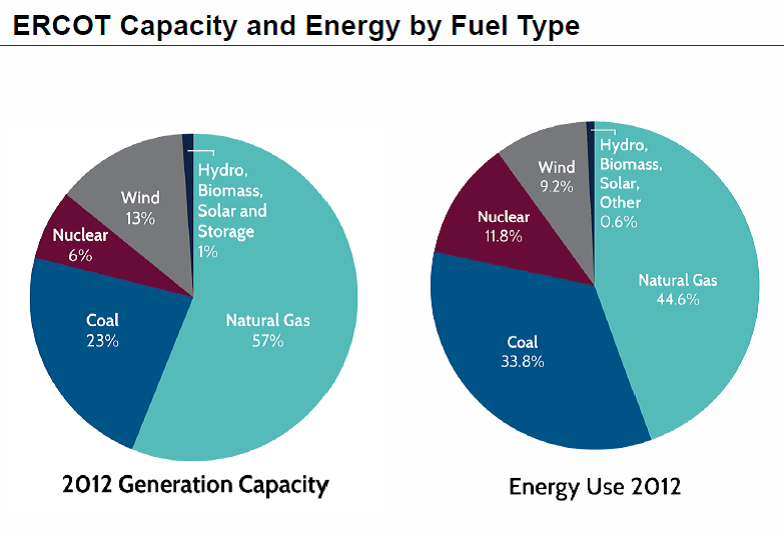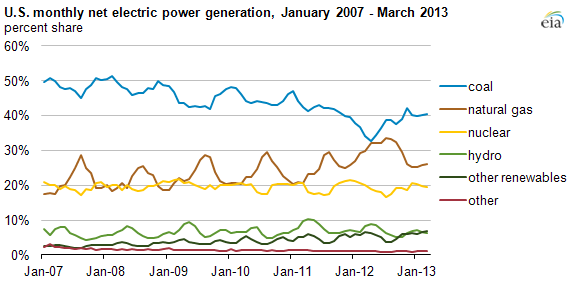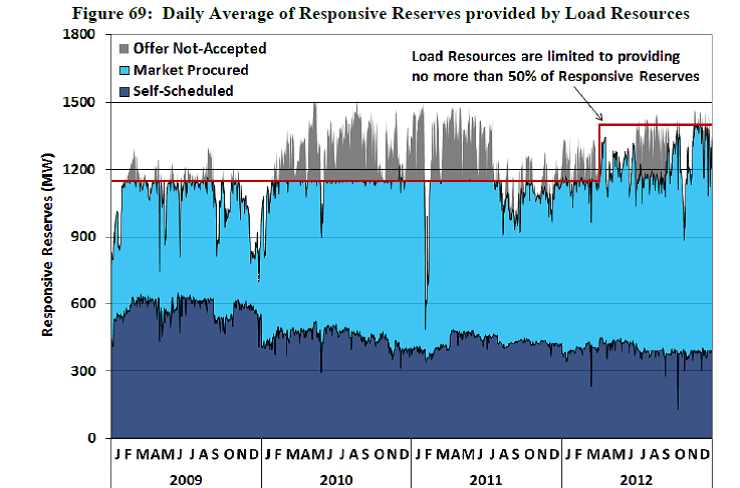The United States faces a new future with a real possibility of energy independence rather than some pie in the sky notion predicated on unproven technologies. One of the key drivers behind this new opportunity for energy independence is the emergence of shale gas, particularly in the Marcellus Shale in Pennsylvania. While there are other areas of the country with larger shale deposits, the Marcellus holds particular benefits because of its proximity to the major population centers along the East Coast. The boom in natural gas and other petroleum rich products along the East Coast has created opportunities for energy management consultants to manage their clients overall energy expenditures in new ways.
The Impact of the Marcellus Shale Boom on Energy Risk Management
Posted by Dennis Vegas on Aug 19, 2013 1:05:00 PM
Topics: energy risk management, energy management consulting, energy procurement, energy management
Is King Coal’s Demise Exaggerated? Energy Risk Management Suggests...
Posted by Dennis Vegas on Aug 9, 2013 9:04:00 AM
With President Obama directing the Environmental Protection Agency (EPA) to implement policies to curb emissions from coal fired power plants, the Mercury and Air Toxin Standards (MATS) rule taking effect and continued low prices, it has become uneconomic for older and smaller coal plants to install environmental controls. Between 2013 and 2016 approximately 40,000MW of coal generation will be retired.
Topics: energy risk management, energy procurement, PJM Energy, energy regulations
Will Market Consolidation Hurt Retail Energy Procurement
Posted by Dennis Vegas on Aug 6, 2013 5:43:00 PM
On July 30, 2013, Direct Energy Business Services (Direct) announced that it was acquiring Hess Energy Marketing, a long-time powerhouse of electricity and natural gas supply in the Northeast. According to published reports, Direct paid over $730 million dollars for Hess, not including an additional $300 million in working capital. This acquisition did not shock the industry as Hess had been trying to sell its energy marketing business to focus on its exploration and production activities. This highlights an emerging trend in the energy markets that could have meaningful implications for end users in the energy industry—namely a move towards consolidation.
Topics: energy risk management, energy procurement, energy management
Is ERCOT In Trouble? Will Demand Response Improve Reliability
Posted by Dennis Vegas on Aug 1, 2013 3:45:00 PM
At the Texas Public Power Association conference on July 24th, Trip Doggett, the CEO of the Electric Reliability Council of Texas (ERCOT) provided a tremendous amount of information and insight in to the state of the Texas wholesale power market. Some of the key areas he covered included:
Topics: ERCOT, energy risk management, energy management consulting, demand response, energy reliability
Will Texas Energy Reliability Problems Hurt E&P Growth
Posted by Dennis Vegas on Jul 25, 2013 1:00:00 PM
Shale gas exploration and production has been a boom to the energy sector. Suddenly, the U.S. is awash in ample supplies of natural gas and oil. The explosion in energy resources available from shale deposits in the continental U.S. has led the Energy Information Administration to opine that the U.S. could be completely energy self-sufficient in the next 20 years. However, this unexpected expansion of oil and gas exploration and production has stressed the electric transmission systems, especially in areas of West Texas, where the available transmission capacity has not been able to keep up with demand. Electricity usage in West Texas has risen more than 20% since 2009. Therefore, congestion costs increased dramatically. From 2011 to 2012, congestion charges increased ~390% on average.
Topics: ERCOT, energy risk management, demand response, energy reliability
Energy Risk Management: 3 Reasons Why Nat. Gas Will Displace Coal
Posted by Dennis Vegas on Jul 23, 2013 7:15:00 AM
According to the Energy Information Administration (EIA), the electricity generation sector is responsible for over 90% of the total coal consumption in the U.S., and coal fired generation has historically been the most prominent source of electricity production. As seen in the graph below, however, natural gas has been increasing its market share as generation feedstock over the past couple of years. In February 2012, Coal and Natural Gas had the same percent share of power generation in the U.S.
Topics: energy risk management, energy management consulting, energy procurement, natural gas
CSAPR: The Not-So-Friendly Ghost and Energy Risk Management
Posted by Dennis Vegas on Jul 18, 2013 7:15:00 AM
In 2012[1], the Environmental Protection Agency (EPA) suffered a legal set-back as the Court of Appeals for the District of Columbia (D.C. Appeals Court) struck down the agency’s Cross-State Air Pollution Rule (CSAPR). CSAPR set emission reductions goals for sulfur dioxide and nitrogen oxide for not only the pollution sources in the state, but also attempted to regulate these emissions that are blown across state lines.
Topics: Heat Rates, energy risk management, energy management consulting, EPA
ERCOT Resource Adequacy Driving Energy Risk Management Strategies
Posted by Dennis Vegas on Jul 10, 2013 7:00:00 AM
Every year, Potomac Economics, publishes Independent Market Monitoring (IMM) reports for multiple electricity wholesale markets. The annual reports provide a competitive assessment of such markets. Over the past several years, the IMM has consistently found that the ERCOT markets are generally competitive and functioning well, although the IMM has always suggested market enhancements. In the 2012 State of the Market Report, there was significant emphasis in discussing one of the largest challenges facing the ERCOT market—future resource adequacy. While resource adequacy presents a challenge to ERCOT as the grid operator, it provides opportunities for end users to participate in Demand Response programs as part of a comprehensive risk management strategy.
Topics: ERCOT, energy risk management, demand response, energy reliability
In many states, end use customers, have the choice to select energy suppliers to serve their natural gas and/or electricity needs. While selecting an energy supplier might seem to be a simple task, there are multiple factors that need to be considered. Choosing a supplier based only on “lowest price”, could result in unexpected charges and unpleasant surprises down the road.
Topics: energy risk management, energy procurement, energy savings, energy supply
Energy Procurement: Benefits of Strategic Sourcing
Posted by Alberto Rios on Jul 1, 2013 10:32:00 AM
As business has become increasingly competitive, the importance of controlling costs wherever possible has increased as well. In various parts of the country, one area of potential cost control involves energy procurement. While the opportunity to control energy costs exists, understanding this opportunity and capitalizing on it requires careful analysis and planning.
Topics: energy risk management, Acclaim Energy Advisors, energy management consulting, energy, energy procurement, energy regulations, energy management






